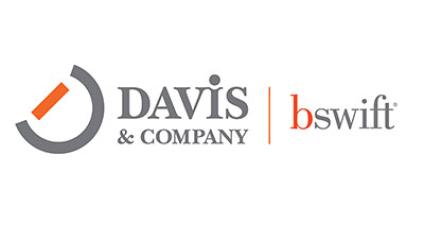
You know the importance of having a solid employee communication plan. Yet many communicators find planning to be challenging and time consuming. How can you overcome the obstacles? Just let my nieces and nephews teach you how easy planning can be.
To get started, let’s flash back 22 years. Looking through the window into the hospital nursery, I couldn’t believe my “baby” sister had a baby of her own. After my niece was born, my sister hit her stride until I had two nieces and two nephews.
The years have flown by. Today, that first baby is a recent college grad looking for her first job as a registered nurse. My nephews are in college and my younger niece is a high school sophomore.
These kids have always been a big part of my life. I remember teaching them computer skills as we played games carefully chosen from our collection of CD-ROMs. (Okay, it was the ’90s.) Our favorite was Candy Land. It wasn’t quite the same as the original bi-fold board with plastic gingerbread men, but it was still “a sweet little game for sweet little folks.”
Now that they are no longer babies, I find these accomplished young adults often turn the tables on me and take on the role of teachers—although I’m not sure they realize it. They certainly aren’t aware of how their successes illustrate the importance of having a robust internal communication plan.
Here are five lessons from my nieces and nephews to help you develop your next plan:
1. Set objectives. What are the specific things you want to achieve? When my younger niece was in middle school, she decided she wanted to be a counselor for our town’s summer day camp. To make it happen, she took a long-term approach and signed up for another year as a camper (even though she felt a little too old for the program). She knew that would increase her chances of being hired as a freshman counselor-in-training (CIT) the following summer. She was a well-respected CIT, served as an assistant counselor this past summer and is on her way to being a head counselor next year.
Lesson learned: Clearly articulate your desired outcome. Think about what you want employees to know, believe and do.
2. Know your audience. Who are the individuals or groups you want to reach? My older nephew was one of the captains of his high school football team. His teammates asked him to roast the head coach at their senior dinner. My nephew was a big hit at that event because he knew what would resonate with his audience: his coaches, fellow players and their parents.
Lesson learned: Learn as much as you can about your audience and make your communication appropriate to both the audience and the event.
3. Be flexible. Are you prepared for the unexpected? Like his older brother, my younger nephew also plays football. He was unfortunately sidelined with injuries through most of his senior year in high school. As a result, many of the colleges that had previously contacted him went radio silent. He didn’t let that stop him. He set his sights on other schools, earning several acceptances. When his top school wait-listed him, he adapted again, switched majors and has not looked back.
Lesson learned: Just because you have a plan doesn’t mean you can’t make mid-course corrections. And you certainly don’t have to blow up your whole plan to do so, just decide what continues and what needs to change.
4. Don’t fear data. Is measurement part of your employee communication plan? I’m sure it won’t come as a surprise that my older niece (the RN) can handle numbers. She spent the summer before her senior year as a research assistant, manipulating quantitative and qualitative data to examine trends and significance. The end result was a published paper and an invitation to present at a conference in Washington, D.C. She made valuable connections and began thinking differently about how to contribute to her chosen profession.
Lesson learned: Metrics help you demonstrate the impact of your communication program, gain the confidence of leaders and know where to focus your attention.
5. Simplify complex messages. Do you frame your message in a few words or concepts? My nieces and nephews do. At the end of every text, phone call or visit, they say, “I love you.”
Lesson learned: A short story (two or three sentences) told plainly (no corporate speak) is invaluable.




